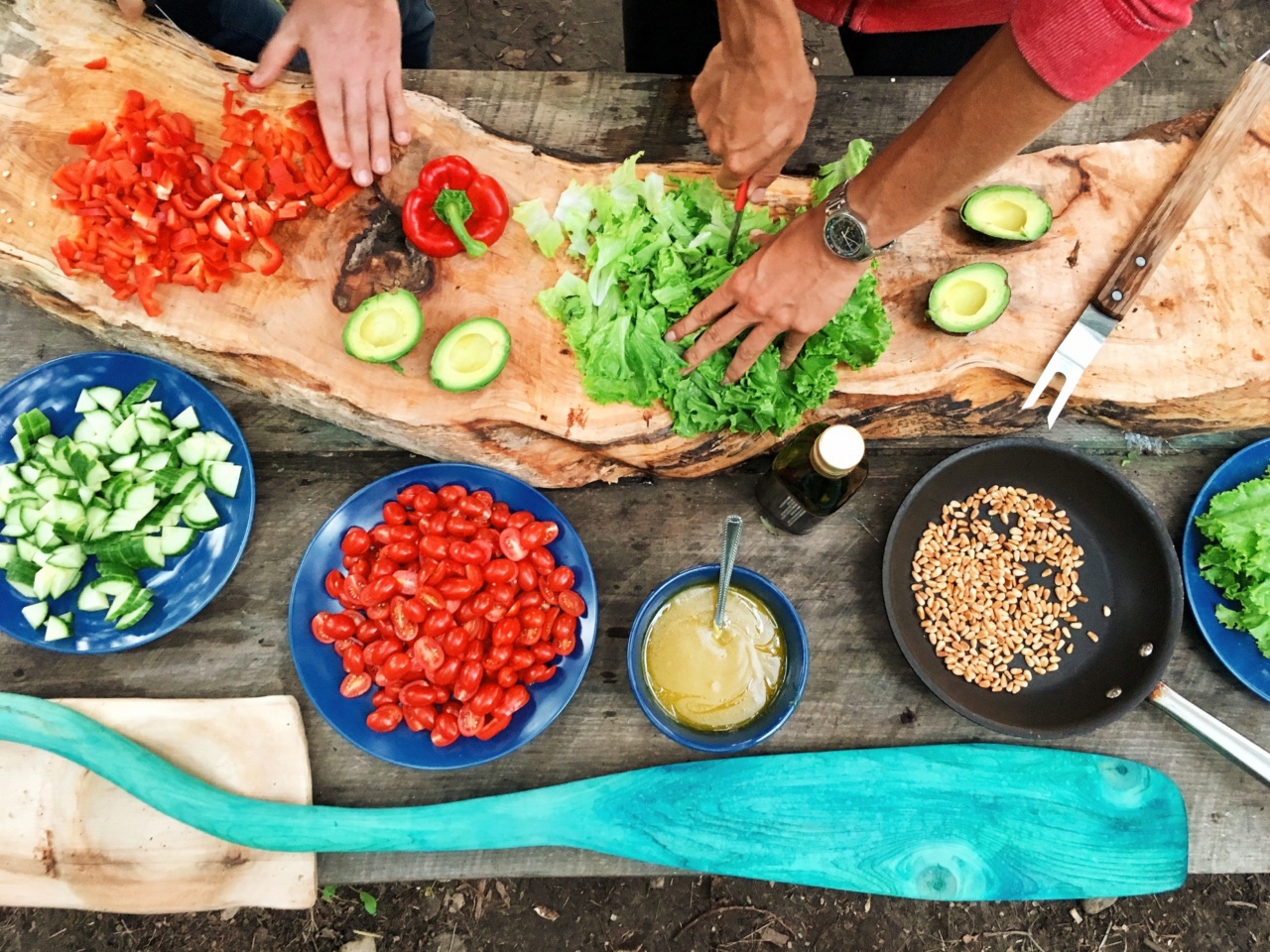When it comes to weight loss, people often focus on cutting calories or increasing their exercise regimen. While these strategies do play a role in achieving a healthy weight, they only address part of the issue.
Food combinations can also affect our metabolism, impacting our ability to lose weight or maintain a healthy weight. Below, we explore the top three metabolic brakes caused by food combinations.
1. Eating Carbs and Fat Together
Carbohydrates and fats are both macronutrients that our bodies need, but eating them together can slow down our metabolism. When we eat a meal that is high in both carbohydrates and fats, our body has trouble processing both nutrients efficiently.
For example, if we eat a cheeseburger and fries, the combination of the bun (carbohydrates) and the cheese and meat (fat) can lead to a sluggish metabolism. Our body struggles to effectively break down both the carbs and fat to turn them into energy.
Additionally, eating carbs and fat together can lead to increased insulin resistance. Insulin is a hormone that helps our body use glucose for energy.
When we eat a high carb and high-fat meal, our body releases a lot of insulin to try to manage the excess glucose and fat. Over time, this can lead to insulin resistance, which can contribute to weight gain and metabolic syndrome.
2. Pairing Alcohol with High-Fat Foods
Alcohol can be a big hindrance to weight loss, especially when consumed with high-fat foods. When we drink alcohol, our liver prioritizes processing alcohol over anything else.
This means that if we eat a meal with high-fat content (such as a pizza or fried foods) along with alcohol, our body will focus on processing the alcohol before the fat.
This can lead to an accumulation of fat in our body, as well as a slower metabolism. Additionally, alcohol can increase our appetite and disrupt our sleep patterns, which can further contribute to weight gain.
3. Combining Protein and Carbs
Protein and carbs are two important macronutrients that our body needs. However, when we consume them together, it can lead to slower digestion and a slower metabolism.
When we eat protein, our body releases digestive enzymes that help break down the protein into amino acids. However, these enzymes can also slow down the digestion of carbohydrates, leading to a slower metabolism.
Additionally, eating a meal that is high in protein and carbs can lead to increased insulin secretion. As mentioned earlier, high insulin levels can lead to insulin resistance and weight gain.
How to Improve Your Metabolism Through Food Combinations
If you want to improve your metabolism and achieve a healthy weight, it’s important to pay attention to the food combinations that you’re eating. Below are some tips to keep in mind:.
Eat Protein and Vegetables Together
As previously discussed, protein and carbs can slow down digestion when consumed together. Instead, focus on pairing protein with non-starchy vegetables such as leafy greens, broccoli, or cauliflower.
This will help speed up digestion and improve your metabolism.
Pair Carbs with Fiber
Pairing carbs with fiber can help slow down the digestion of carbs and prevent blood sugar spikes. Choose carbohydrates that are high in fiber such as fruits, whole grains, and legumes.
Avoid Pairing Alcohol with High-Fat Foods
If you choose to drink alcohol, avoid pairing it with high-fat foods such as pizza or fried foods. Instead, opt for lean proteins and vegetables or whole grains.
Don’t Combine Carbs and Fat
Avoid pairing carbs and fat together to prevent a sluggish metabolism. Instead, focus on balancing your meals with lean proteins, vegetables, and healthy fats such as avocado or nuts.
Conclusion
Food combinations play an important role in our metabolism and our ability to lose weight. By avoiding certain food combinations and focusing on healthier pairings, we can boost our metabolism and achieve a healthy weight.


























